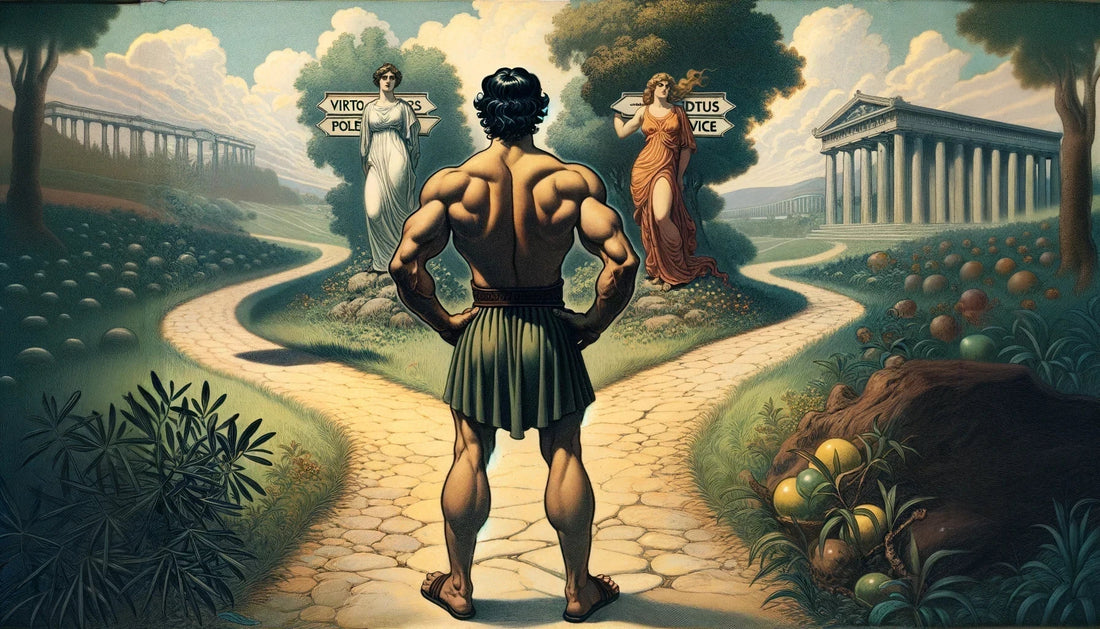
The Labours of Hercules
If you've ever been hooked on a drama or a saga, you can be sure that its plot is utterly dull compared to the stories from ancient Greece. And it's hard to imagine just how simple today's life is compared to what it once was on our beloved planet.
About more than two thousand years ago, everything that happened and didn’t happen on Earth was a product of the gods' will and their interferences with the humans of that era.
Glory of Hera
Zeus, the supreme god of Olympus, seduced and impregnated Alcmene, daughter of the king of Mycenae. The child was named Heracles, though he is better known in the Latin world as Hercules. The name, Hera-kleos or “glory of Hera”, was given to him as an act of grace towards the goddess Hera.
Ironically though, Hera, the goddess of marriage and wife of Zeus, was seized by jealousy upon learning of her husband's illegitimate child. Although this occurred before his birth, from that moment on Hera began a series of actions to curse the life of that embryo.
The Birth of a Demigod
Hera's first act of malice was to make Zeus promise who would be the royal successor to the throne of Mycenae.
“The firstborn within the house of Perseus shall ascend as rightful heir to the throne and sovereign of Mycenae.”
As soon as Zeus agreed to this condition, she used her powers to delay the birth of Hercules and, conversely, to hasten that of his cousin Eurystheus. Thus, once born, Eurystheus became the future king.
As if that were not enough, shortly after the birth of Hercules, Hera decided to place two venomous snakes inside his cradle. Hercules, however, being a demigod with extraordinary strength, strangled the snakes with his own hands and played with them as if they were mere toys. Hera’s plan, therefore, did not unfold as she had intended.
A Grave Mistake
As a teenager, during a critical period filled with doubts, Hercules found himself at a crossroads. At each path, a woman appeared offering to guide him: their names were Virtue and Vice. The latter promised a path that would lead to a tranquil life full of pleasures and comforts. Virtue, on the other hand, tempted him with the path of a normal life but warned him that nothing is achieved without effort.
Hercules, already showing signs of wisdom, decided to follow Virtue. From that moment on, he embarked on a path filled with tasks that would lead him to defend the weak and fight against the forces of evil. In reward for all these deeds, Creon, king of Thebes, offered him the hand of his daughter, Megara.
Shortly after this event, as Hercules was beginning a happy family life, Hera appeared again. This time, she used her powers to curse him and drive him mad.
In his madness and blinded by judgment, Hercules subsequently killed his wife, his children, and those of his brother. Once the curse was lifted and he regained his sanity, he could not bear what he had done. He was so remorseful that he was prepared to do anything to atone for his grave mistake.
Heroic Redemption
Lost and devoid of any will to live, Hercules presented himself before the Oracle of Delphi to seek answers about his fate:
“Only through a grievous penance shalt thy soul find purification.”
The priestess, well aware of what King Eurystheus was capable of, asked Hercules to submit to the will of his cousin and to undertake whatever tasks he assigned. By doing so, he would undoubtedly cleanse his soul.
For his part, Eurystheus, neither foolish nor short of cunning, realising he had the strongest man on Earth as his slave, began to prepare a series of penances of unparalleled difficulty and danger. At that moment, the goddess Hera decided to appear before the king to help him devise the list and ensure that the tasks were, neither more nor less, impossible to complete.
Thus began Hercules' journey to complete all the tasks his cousin had assigned him. These tasks were henceforth known as the Labors of Hercules.
Continues with The Nemean Lion.
Reading list
- Labours of Hercules. Wikipedia, the Free Encyclopedia.
- Fry, S. (2018). Heroes. Penguin Books.
- Hamiltor, E. (1942). Mythology, Timeless tales of Gods and Heroes. Little, Brown and Company.
- Graves, R. (1955). The Greek Myths. Penguin Books.


